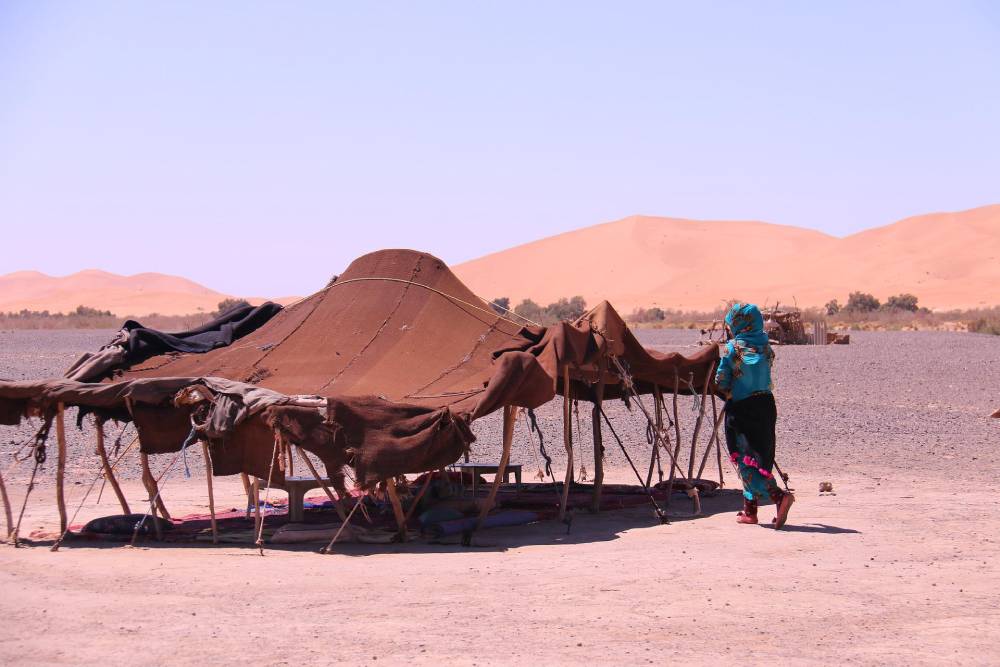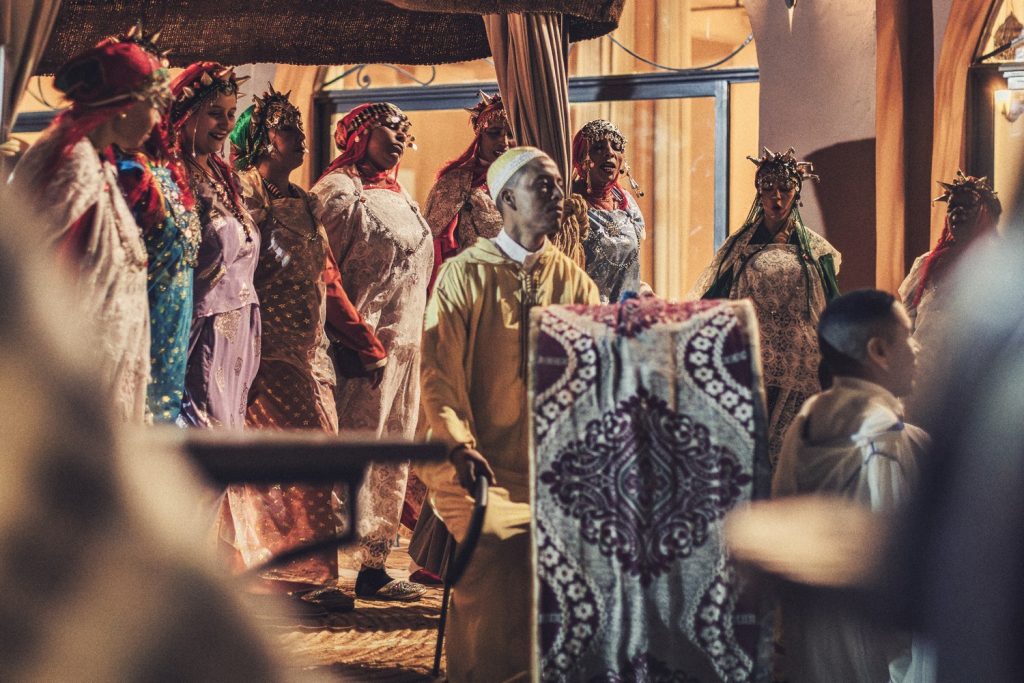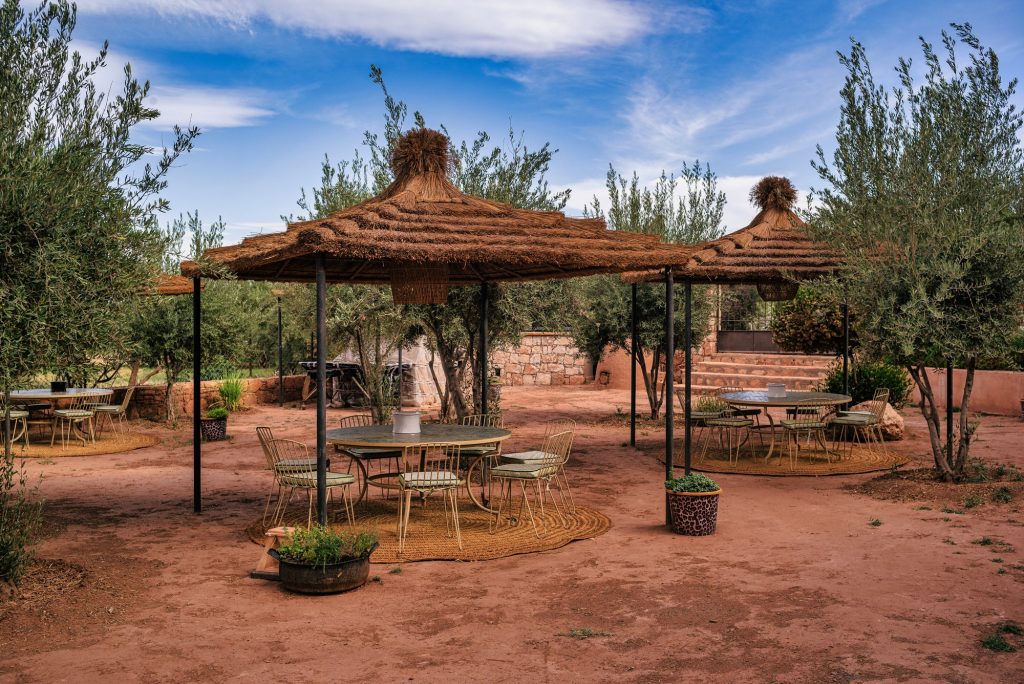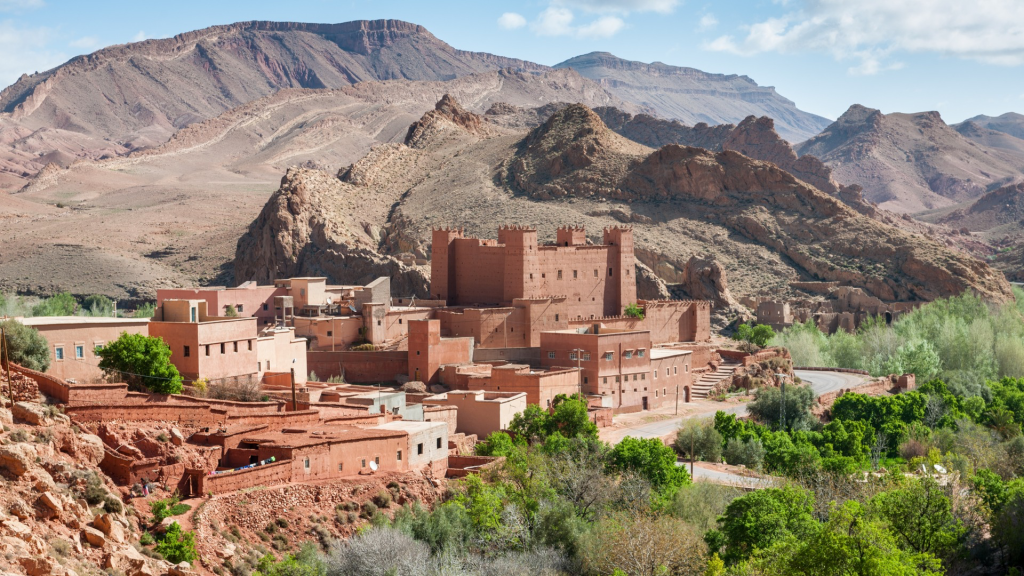The Berbers, or Amazighs, are an ethnic group indigenous to North Africa.
Known as Libyans in ancient times, Berbers have gone by many different names throughout history, including Mazices, Maures, Numides, Gétules, Garamantes and others.
They are spread over an area stretching from the Atlantic Ocean to the Siwa oasis in Egypt and from the Mediterranean Sea to the River Niger in West Africa. This area covers almost five million square kilometres.
Most Berbers live in North Africa, in Morocco, Algeria, Tunisia, Libya, Niger, Egypt, Mali, Mauritania, Burkina Faso and the Canary Islands.
Large diasporas live in Europe and Canada.
Today, most Berbers are Sunni Muslims, but there are also Ibadite, Jewish and Christian Berbers.
Berber identity is generally broader than language and ethnicity, and encompasses the entire history and geography of North Africa.
The Berbers are not an entirely homogenous ethnic group, and include a range of societies and ancestries. The unifying forces of the Berber people may be a common language, a common origin and a collective identification with Berber heritage, culture and history.
Historically, Berbers spoke Berber languages, classified in the Chamito-Semitic branch of languages. There are estimated to be between 28 and 38 million Berber speakers in North Africa. The number of ethnic Berbers (including non-Amazigh speakers) is thought to be higher, as many Amazigh no longer speak Berber, but rather Maghrebian Arabic.
Berber-speaking populations share a common Berber cultural background, which is also reflected in their genetics, although as a result of Arabisation, successive Arab migrations and relative interbreeding, the majority of Arabic-speaking Berbers identify themselves ethnically as Arab.
The Berbers are therefore a mosaic of peoples from Egypt to the Canary Islands, characterised by linguistic, cultural and ethnic relations.
There are several forms of Berber language: Chleuh, Chaoui, Rifain, Kabyle, Chenoui, Mozabite, Nafusi and Tuareg are the most important varieties.
Throughout history, the Berbers and their languages have been influenced by Punic, Roman, Arab, Turkish and even French influences, which means that today the ethnic groups of North Africa who speak, consider themselves to be and claim to be Amazigh are officially referred to as "Amazigh".
However, the term "Berber" is an exonym with an alienating etymology, meaning "foreigner", and is not necessarily recognised by some Berbers, who prefer the term "Berber". autoethnonym Amazigh.







